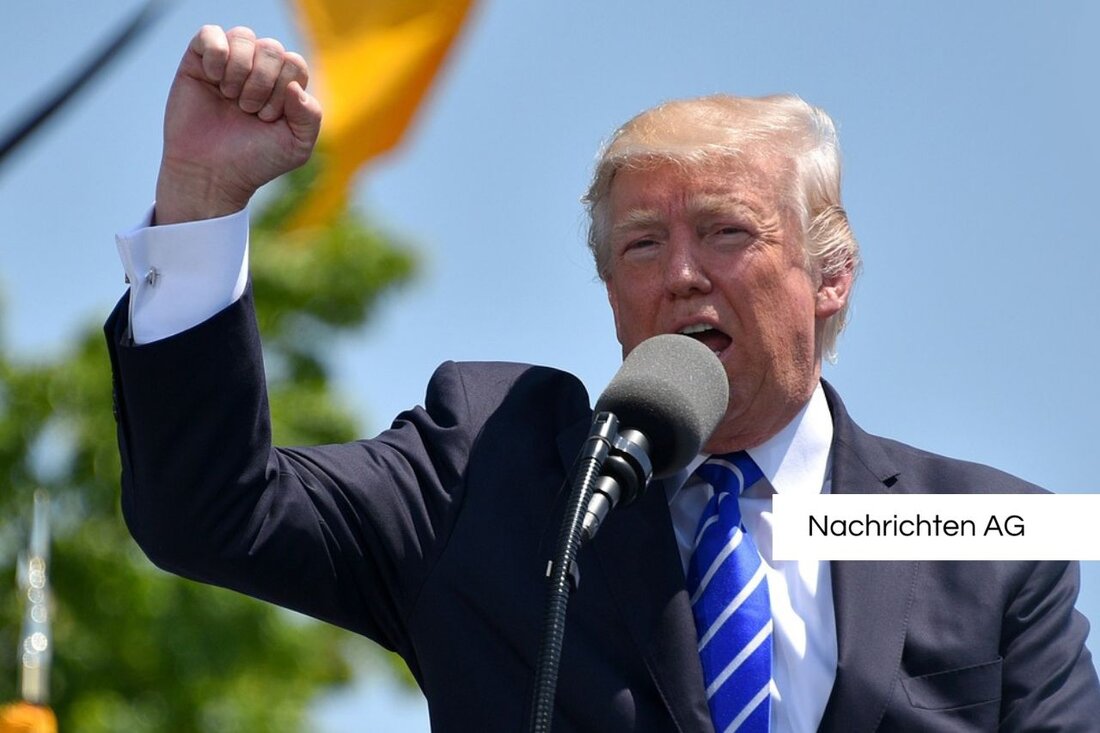Process against comedian Hotz: satire or criminal opinion?
Sebastian Hotz, alias El Hotzo, is in court on July 23, 2025 in Berlin for controversial statements about the Trump attack.

Process against comedian Hotz: satire or criminal opinion?
The trial against the German comedian Sebastian Hotz, known as El Hotzo, causes a stir. The 29-year-old will have to answer to the district court in Berlin next Wednesday at 9:00 a.m. The public prosecutor accuses Hotz's approval after he expressed controversial comments on the attack on Donald Trump a year ago. Trump was injured by shots during his election campaign. In this context, Hotz provocative commented: "Unfortunately just missed" and "I find it absolutely fantastic when fascists die." A comment that was not without consequences.
After these statements, Hotz deleted his contributions, but the shitstorm in the online media was inevitable. Numerous criminal complaints were submitted against him, and the ARD broadcaster Rundfunk Berlin-Brandenburg (RBB) ended the cooperation with the comedian at the youth broadcaster Fritz. These incidents also highlight a delicate balance between freedom of expression and the responsibility associated with public statements. The German Journalist Association has already requested the cessation of the procedure and is outraged by the criminal trial.
freedom of expression and their limits
The topic of freedom of expression in Germany has been increasingly discussed in recent years. It is protected in accordance with the Basic Law (Art. 5 Para. 1 S. 1 GG), but these freedoms are not unlimited. The discussion about Hotz illustrates how political speeches, even if they are expressed as part of the satire, can enter a narrow line between freedom and possible crime. The Basic Law and the European Convention on Human Rights (Art. 10 ECHR) guarantee a certain level of protection, but the US constitution (first amendment) is pursuing a different strategy.
Political speech is a central component of freedom of expression and enables essential social disputes that are constituting for democracy. However, interventions in freedom of expression are only justified under certain conditions. In particular, the legislator must ensure that protection levels do not discriminate against certain opinions, which is also relevant in the case law of the Federal Constitutional Court. The weighing up between freedom of expression and personal protection must also be a constant challenge for society in the digital age.
The controversy about Hotz raises questions that go beyond the specific case. Protection levels, freedom of thought and the limits within which opinions can be expressed are topics that should continue to be discussed socially. Political demonstrations enjoy special protection, which appears all the more relevant in view of the current events.

 Suche
Suche
